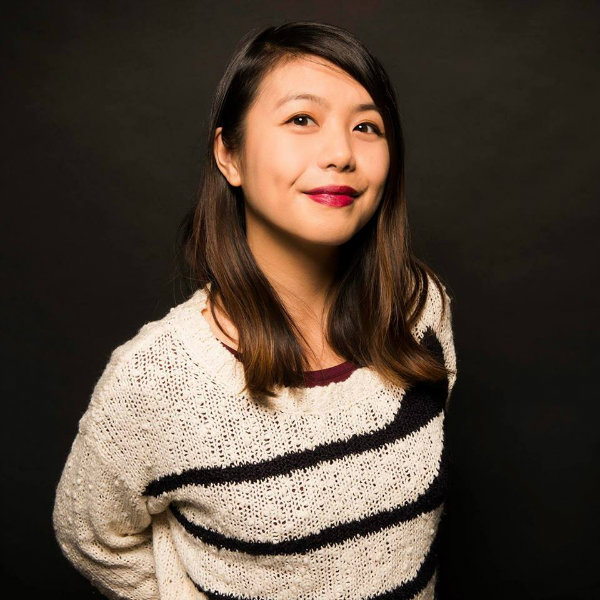Elijah Daniel's Powerful Response to the Orlando Attack

By:
As a comedian and the author of a hit Trump gay erotic novel, Elijah Daniel spends a lot of time making jokes, many of which make it to his 129K Twitter followers.
But in the wake of the Orlando shooting, Daniel decided to use the platform to take on a serious challenge that many LGBT individuals face – coming out.
In an "open letter to LGBT kids who feel lost and scared" on Fusion, Daniel writes that he "received over 500 DMs within 15 minutes." Since then, he says that he has hundreds and hundreds more – so many that he's lost count. In an email interview with ATTN:, Daniel talks about what motivated him to post that tweet, why LGBT youth is reaching out to him, and what we can do to help when an LGBT friend or family member is seeking support.
ATTN: After the Orlando shooting happened, what inspired you to take on coming out and offer advice to young LGBT people on that specifically? In your opinion, how are those two things related?
Elijah Daniel: The shooting, understandably, made these kids terrified. A lot of them, especially the ones still in the closet, can’t express their emotions or fears about the shooting. They live in rural areas, or worse, countries where it’s illegal to be gay. They have homophobic family members and friends, they’re scared, and don’t have anyone to talk to about it. Many of them told me when they mentioned the shooting, their parents, family, friends, etc. would say things like, "good, at least it was only fags" or "well, that's what happens." That crushed my soul. Could you imagine hearing something like that from your parents?
ATTN: There are organizations that provide help over hotlines to LGBT people, such as The Trevor Project and the GLBT National Help Center. Even with those in place, why do you think your offer to support and advise young LGBT people about coming out received such an overwhelming response?
ED: I think it's because I'm not just some anonymous person. I'm a real person, with a face — there's a connection. I can relate to what they're going through. Some of them have been following me for years, so they feel comfortable opening up about these things. They just need someone to talk to.
ATTN: Have you noticed any recurring themes or issues in the messages people have been sending you?
ED: A lot of kids have been coming out to me as bisexual, saying that they feel hated by the gay community because they're not gay or lesbian. They feel like they're invalid. And so, so, so many kids from the Middle East keep saying they wish they could be out and proud like us, but they would be killed if they were, and I'm the only person they've ever told. How do you even respond to that? But the most recurring theme among all the messages is that they feel so alone and just want to be loved.
ATTN: You’ve tweeted out a couple of messages regarding parents:
ATTN: Could you tell me about the sentiment behind those statements?
ED: The sentiment behind that statement is literally just "fuck you" you terrible parents. If you aren't doing your best to understand and love your child no matter what, you are a terrible parent. Although I am happy to do so, I shouldn't have to be the one your kid goes to when they need to talk about these things. This is your job. And you are failing.
ATTN: In the conversations you're having, have you seen anything positive or hopeful? What were they?
ED: Absolutely, there is always more light than darkness. So many people came out to their families and live-messaged me the entire thing. I was so proud.
ATTN: You’re receiving hundreds of messages from people who need your help in tackling a tough decision — how do you approach the messages you receive? Are there certain things that you try to communicate to everyone?
ED: The only message I want to communicate to them is that they are loved and they are supported. And to not be afraid: The world is dark and scary, but we are a strong community and love is everywhere.
ATTN: Is there anything you've learned through this exchange with young LGBT people that you want to share with others trying to help LGBT people with their struggle to come out?
ED: Just listen. They need people to hear them. Don't push them out of the closet, because coming out is the hardest thing to do, and it's nobody's decision but theirs. Tell them to take their time. There is no right or wrong way for them to come out, and they'll do it when they're ready.
